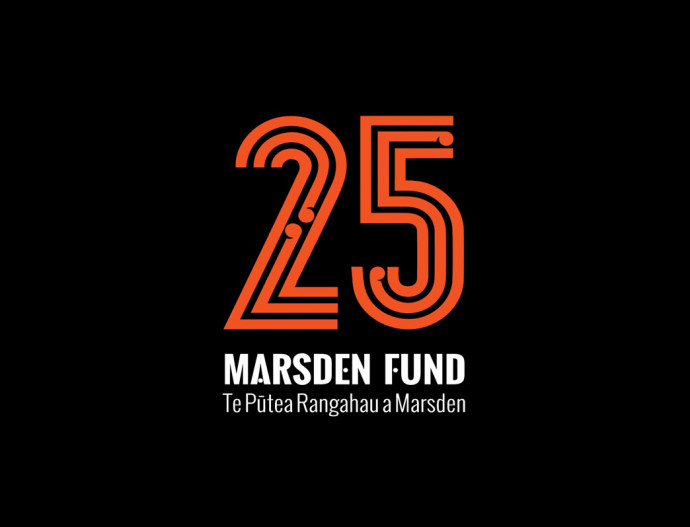News
Published 5 November 2019World-class research supported by Marsden Fund including two large interdisciplinary awards

Te Pūtea Rangahau a Marsden, the Marsden Fund, has allocated $83.671 million (excluding GST) to 125 research projects across Aotearoa. These grants support excellent New Zealand research in the areas of science, engineering, maths, social sciences and the humanities
This year two large interdisciplinary projects received inaugural Marsden Fund Council Awards worth $3 million (excluding GST) each. One project will contribute to knowledge about predicting the behaviour of biological systems and their response to shifting temperatures, as might occur with climate change. The other is investigating genetic markers associated with metabolic diseases (like diabetes and gout) in Pasifika populations and how these diseases might have evolved.
Established researchers were awarded 74 Marsden Fund grants. The research projects address a range of problems and questions of both local and international interest including the role of rimu fruit in the conservation of kākāpō, measuring Antarctic glacier melting rates in the Ross Ice Shelf, examining how rangatahi young people in Aotearoa react to debates about sexual harassment in social media and identifying earthquake hazards in hidden faults in the Waikato region.
Te Pūtea Rangahau a Marsden Fast-Start grants support early career researchers to develop independent research and build excellent careers in New Zealand. In 2019, there were 49 recipients of Fast-Start grants. Projects focus on topics such as understanding the molecular underpinning of Alzheimer’s disease, studying how body-snatching parasites manipulate their hosts to enhance their own survival, looking at the 1918-19 influenza pandemic through children’s eyes, and analysing how different types of river science are valued by institutions around Aotearoa.
The successful projects are of world-class standard, having made it through a highly rigorous selection process, including substantial international peer review. Marsden Fund Council Chair Professor David Bilkey says: “International peer reviewers described some of this year’s research as the best they had ever seen. Te Pūtea Rangahau a Marsden supports our leading and up-and-coming researchers to carry out cutting-edge studies that advance knowledge in a wide variety of disciplines. The outcomes of their mahi work should have great scholarly impact and benefit Aotearoa in areas such as te taiao the environment, health care, and education.”
“The Minister for Research, Science and Innovation, Hon Dr Megan Woods, is a strong supporter of equity, diversity and inclusion in research and the Marsden Fund Council is right behind her on this,” says Professor Bilkey. “Our figures show that there is equity in funding decisions. For example, success rates for applicants identifying as wāhine female or Māori are the same as those for applicants identifying as male or non-Māori.”
“The Marsden Fund Council has also observed increasing engagement with mātauranga Māori across discipline areas,” notes Professor Bilkey. Some examples include a project investigating kaitiakitanga over the Kāwhia, Manukau and Whangārei harbours, another that uses Māori oral history of seafaring and wayfinding to understand low-altitude clouds and their link to surface meteorological variables, and another revitalising whai Māori string figures, the unique, complex mnemonic system that documents and transmits Māori knowledge and practice.
The overall success rate for applicants is down slightly from last year (12.4%) to 10.7% this year. However, two Marsden Fund Council Awards were funded in this round, which accounts for $6 million (excluding GST) of the budget. The success rate for Fast-Start grants for early career researchers was 12.6%.
The grants are distributed over three years and are fully costed, paying for salaries, students and postdoctoral positions, institutional overheads and research consumables.
Te Pūtea Rangahau a Marsden is managed by Royal Society Te Apārangi on behalf of the government.
